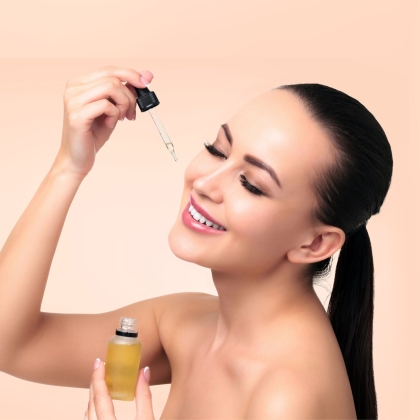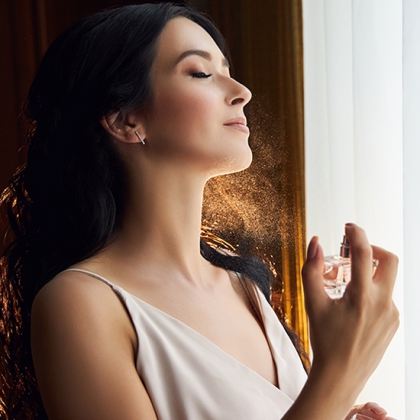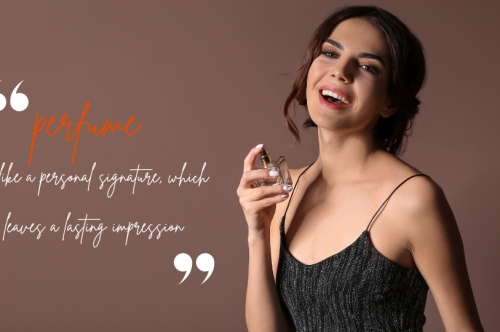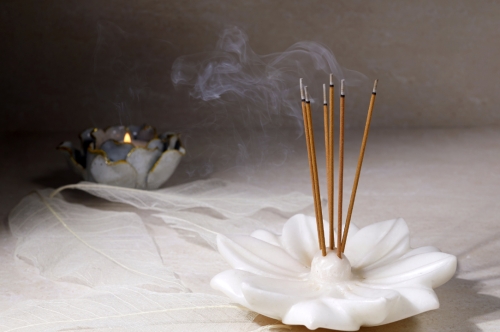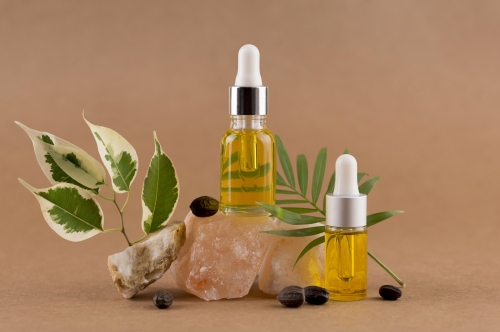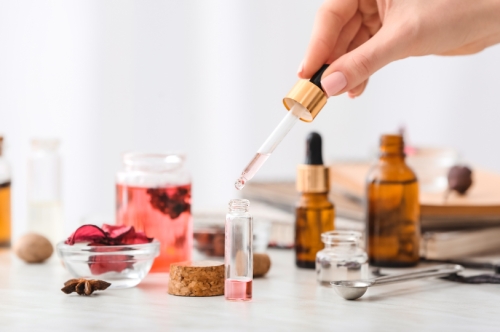Perfume Oils: Uses, Benefits and Applications
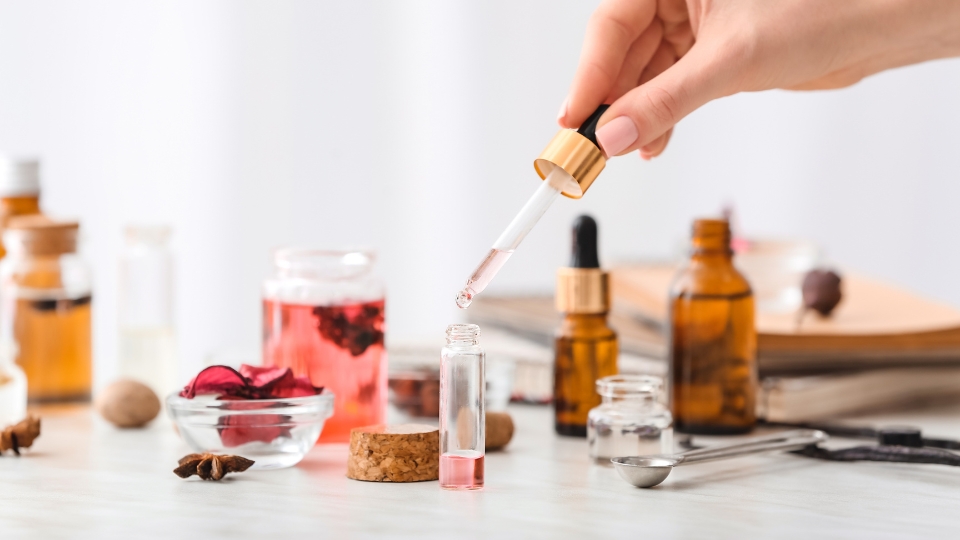
What are perfume oils?
Perfume oils, also known as fragrance oils are concentrated aromatic liquids that are used to create various scented products, including perfumes, colognes, body sprays, and other personal care and home care items. These oils are created by extracting or distilling aromatic compounds from natural sources such as flowers, fruits, spices, woods, and other botanical materials.
Unlike alcohol-based perfumes, which typically contain a high percentage of alcohol and a lower concentration of fragrance oils, perfume oils are highly concentrated and do not contain alcohol as a base. This makes them longer-lasting and less likely to evaporate quickly.
How are perfume oils related to aromatherapy?
Perfume oils are closely related to aromatherapy as they are often used as a component in aromatherapy practices. Aromatherapy is a holistic healing approach that utilizes the aromatic properties of essential oils, including perfume oils, to promote physical, emotional, and mental well-being.
Here's how perfume oils are connected to aromatherapy:
Aromatic Effects
Perfume oils, with their concentrated aromatic compounds, are believed to have therapeutic effects when inhaled or applied to the skin. Each perfume oil carries its unique scent profile, and these scents can evoke various emotions and sensations. Aromatherapy utilizes these scents to create specific moods, promote relaxation, uplift the spirits, or provide a sense of calm.
Emotional and Psychological Benefits
Aromatherapy recognizes the influence of scent on emotions and mental states. Certain perfume oils are associated with specific effects, such as lavender for relaxation and stress relief, citrus oils for uplifting the mood, or eucalyptus for mental clarity. By incorporating perfume oils into aromatherapy practices, individuals can harness these emotional and psychological benefits.
Inhalation and Absorption
Perfume oils can be inhaled directly or diffused into the air using diffusers, allowing their aromatic molecules to enter the body through the olfactory system. The scent receptors in our noses send signals to the brain, triggering various physiological and emotional responses. Additionally, when perfume oils are applied to the skin, they can be absorbed into the bloodstream, potentially providing systemic benefits.
Personalized Blends
Aromatherapy often involves creating customized blends of essential oils, including perfume oils, to address specific concerns or desired effects. By combining different perfume oils, individuals can create personalized aromatic blends tailored to their unique needs, whether it's relaxation, focus, mood enhancement, or other therapeutic goals.
It's worth noting that when using perfume oils for aromatherapy purposes, it's essential to ensure the oils used are of high quality and purity. Pure, natural perfume oils derived from botanical sources are generally preferred in aromatherapy practices to ensure maximum therapeutic benefits and minimize the risk of adverse reactions
Different types of perfume oil
There are different types of perfume oils available, each with its own characteristics, concentration, and usage. Here are a few common types:
Essential Oils
Essential oils are highly concentrated oils extracted from plants through methods like steam distillation or cold pressing. They capture the natural scent and therapeutic properties of the plant. Essential oils like jasmine oil, lavender oil and rose oil etc are versatile and widely used in aromatherapy, as well as in perfumes, skincare products, and household applications.
Fragrance Oils
Fragrance oils, also known as perfume oils or synthetic oils, are synthetic aromatic compounds created to mimic specific scents. These oils are crafted in laboratories and offer a wide range of fragrance options. Fragrance oils are commonly used in perfumes, candles, soaps, and other scented products. They can be blended with other oils to create unique scents.
Absolutes
Absolutes are highly concentrated, aromatic substances extracted from plant materials using solvents, such as hexane or ethanol. They are often used in perfumery to capture the purest form of a plant's fragrance. Absolutes are usually thicker in consistency compared to essential oils, and they retain the characteristic scent of the plant they are derived from.
Resinoids
Resinoids are obtained by extracting aromatic resins from trees, such as frankincense or myrrh, using solvents. These resinous substances provide deep, rich scents and are commonly used as base notes in perfumes. Resinoids can be sticky or semi-solid in texture.
Infused Oils
Infused oils are created by infusing carrier oils with aromatic plant materials. The carrier oil absorbs the scent and beneficial properties of the botanicals over time. Infused oils are often used in skincare, massage oils, and as a base for perfumes.
It's important to note that the term "perfume oil" can sometimes be used interchangeably to refer to any type of concentrated fragrance oil, whether natural or synthetic. When purchasing perfume oils, it's advisable to check the product description or consult with the supplier to determine the type of oil being offered.
Frequently Asked Questions
1. How long do perfume oils typically last on the skin?
Perfume oils typically last on the skin for around 6 to 8 hours.
2. Can perfume oils be customized to suit individual preferences?
Yes, perfume oils can be easily customized to suit individual preferences. Different oils can be blended together in varying proportions to create a personalized fragrance. This allows individuals to tailor the scent according to their liking, resulting in a unique and signature fragrance that reflects their individuality.
3. Are there any benefits to using perfume oils instead of traditional perfumes?
Yes, perfume oils offer several benefits over traditional perfumes. They tend to have longer-lasting scents, can be customized to individual preferences, are often gentler on the skin, provide portability and convenience, and offer complex and nuanced fragrance profiles.


